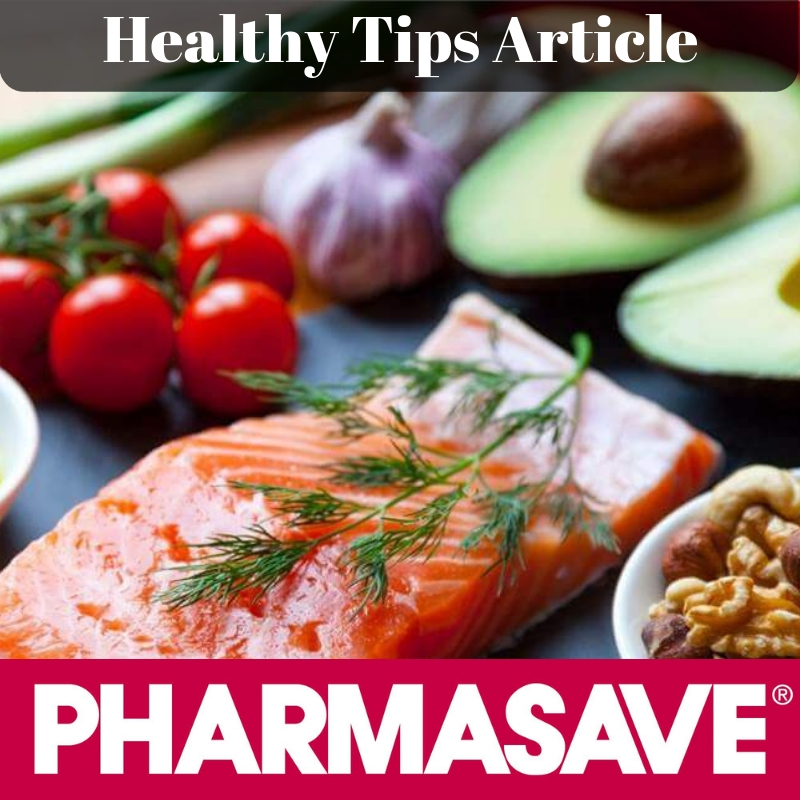Experts say the DASH diet can help lower your blood pressure. Do you know what the DASH diet is?
DASH stands for Dietary Approaches to Stop Hypertension. Simply stated, hypertension is the medical term for high blood pressure. This diet differs from most other traditional diets as it does not restrict the quantity of food you may eat, but rather encourages people to actually increase their intake of fruits and vegetables, and milk products. The upper end of the recommended range of daily servings from Eating Well with Canada’s Food Guide gives you an idea of the quantities this diet promotes. In addition, this diet also requires that daily fat intake remain moderate – not high.
In nutritional studies, participants are permitted to eat only foods provided by the study organizers. Different groups of people are given different types of diets to follow. In one such study, the group that enjoyed a diet that was rich in fruits, vegetables, and low-fat dairy products, while at the same time having a reduced saturated and total fat intake (compared to the average American diet), showed the greatest decrease in blood pressure compared to the other diet regimens. This was the DASH diet. The evidence supports a positive relation between high sodium intake and risk of cardiovascular disease, but results from studies with health outcomes were insufficient to conclude whether low sodium intake (less than 2.3 g per day or less than 1.5 g per day, as recommended in current dietary guidelines) is associated with an increased or reduced risk of cardiovascular disease in the general population.2
What is the significance of this? It offers a way for people to help lower their blood pressure – simply through the foods they choose to eat.
Keep in mind that changing your dietary habits requires a strong commitment. Talk to your doctor about the DASH diet, and whether or not it is the right choice for you. Never adjust existing treatment for your high blood pressure without the advice of your doctor. And if you suspect you may have high blood pressure, see your doctor.
All material copyright MediResource Inc. 1996 – 2017. The contents herein are for informational purposes only. Always seek the advice of your physician or other qualified health provider with any questions you may have regarding a medical condition. Source: www.medbroadcast.com/healthfeature/gethealthfeature/Nutrition-Edition



